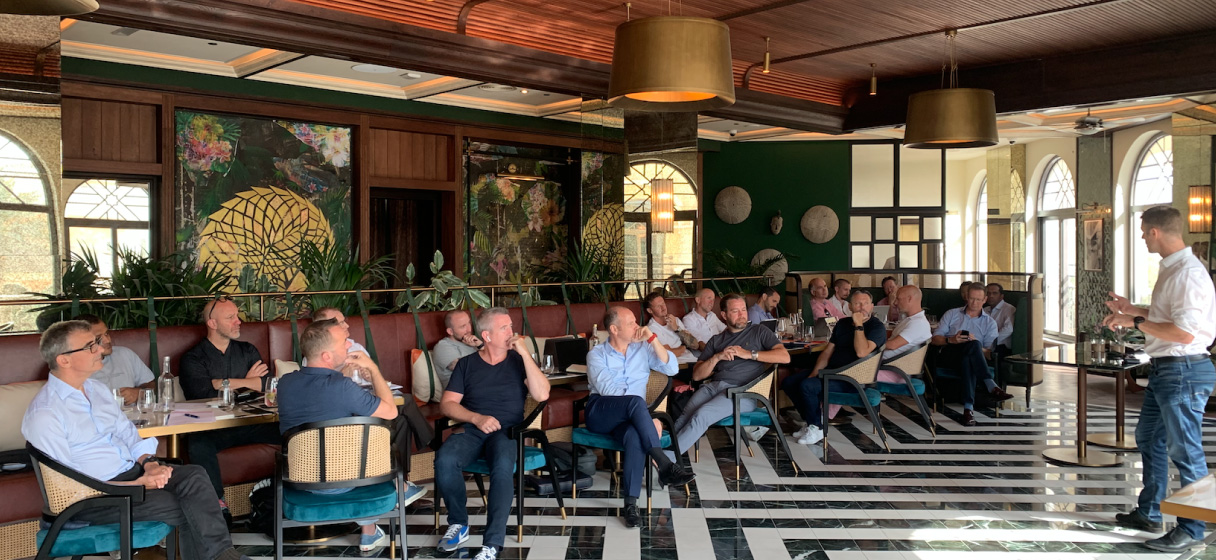Organizational coaching plays a fundamental role in the development of both individuals and the organization as a whole. It involves a structured partnership between a coach and an individual or team, aimed at improving performance, nurturing growth, and achieving specific goals. Here’s an overview of the essential functions that organizational coaching Dubai serves in development.
Develop effective leaders:
One of the primary roles of organizational coaching is to develop effective leaders. Coaches work closely with executives and managers to identify their strengths and weaknesses, providing tailored strategies for improvement. Through personalized feedback and guidance, leaders can improve their decision-making, communication, and strategic thinking skills. This development is important, as strong leadership directly impacts team performance and overall organizational success.
Help employees clarify their goals:
Coaches help employees clarify their goals, align their personal aspirations with organizational objectives, and develop actionable plans to achieve them. When employees are engaged, they are more likely to be productive, committed, and enthusiastic about their work, which eventually benefits the organization.
Facilitating change management:
In today’s changing business land, organizations must adapt to survive and thrive. Organizational coaching aids in change management by equipping leaders and teams with the tools to steer transitions effectively. Coaches facilitate discussions around change, helping employees address their concerns, build resilience, and develop a positive mindset. This proactive approach ensures that teams can adapt more easily to new processes, structures, or cultures.
Improving team dynamics:
Coaching is not limited to individual development; it also plays a key role in improving team dynamics. Coaches work with teams to improve communication, collaboration, and trust among members. By identifying and addressing interpersonal challenges, coaches can help teams function more effectively and cohesively. Improved team dynamics lead to better problem-solving, innovation, and overall performance, benefiting the organization.
Promoting a learning culture:
Organizational coaching nurtures a culture of continuous learning and development. By encouraging individuals and teams to seek feedback, reflect on their experiences, and embrace challenges, coaching helps create an environment where learning is valued. This culture improves individual capabilities and also drives organizational growth and adaptability.
Measuring performance and outcomes:
Coaching provides a framework for measuring performance and outcomes within an organization. Through regular assessments and feedback, coaches can help individuals and teams track their progress toward goals. This accountability ensures that development initiatives remain aligned with organizational objectives and allows for adjustments as needed.



